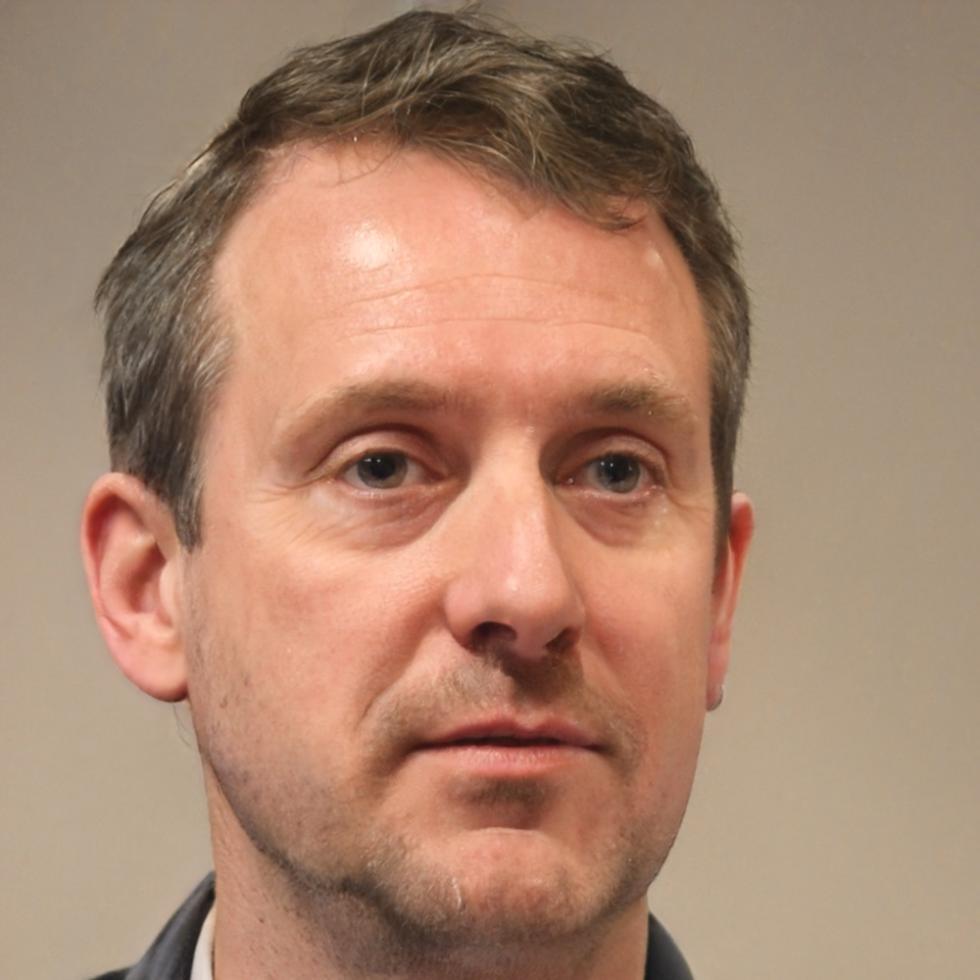Stop Guessing Where Your Money Goes
Most people create budgets that fail within weeks. We teach a different approach—one that actually works for real life. Our September 2025 program shows you how to build budgets that adapt when things change.
Explore Our Program

Kasper Thorsen
Financial Systems Design
Spent twelve years building budget frameworks for businesses that actually stayed within their numbers. Now teaches that same methodology.

Arvid Lund
Budget Psychology
Former behavioral economist who figured out why people abandon their budgets. His approach focuses on sustainable habits over willpower.
Learn From People Who've Actually Done This
You won't find theory-heavy lectures here. Both instructors have worked directly with hundreds of individuals and businesses struggling with the same budget problems you're facing. They know what actually works because they've tested it in real situations.
The thing is, most budget education treats everyone the same. But someone managing a household budget has completely different needs from someone running a small business. Our instructors adapt their teaching based on where you're starting and what you're trying to accomplish.
What makes this different? They focus on systems that survive contact with reality—unexpected expenses, income changes, all the messy stuff that breaks typical budgets. You'll learn to build flexibility into your planning from day one.
The program runs from September through December 2025, giving you time to implement what you learn and adjust based on real results. By the end, you'll have a budget system that actually fits your life instead of fighting against it.
Four Modules That Build On Each Other
Each module tackles one specific problem with traditional budgeting. You'll work through real scenarios and build a complete system piece by piece.
Understanding Your Real Numbers
Before you can plan forward, you need to know where you actually stand. We'll dig into tracking methods that don't require spreadsheet expertise.
- Finding expenses you forgot existed
- Separating fixed costs from variable ones
- Building a baseline without months of data
- Spotting patterns in irregular spending
Creating Budgets That Flex
Static budgets break when reality hits. You'll learn to build plans that adjust when income changes or unexpected costs appear.
- Setting priority tiers for expenses
- Building buffer systems that actually work
- Planning for irregular income streams
- Adjusting allocations without starting over
Making Decisions With Incomplete Information
You'll never have perfect data. This module teaches decision frameworks that work even when you're estimating.
- Evaluating tradeoffs between competing needs
- Testing assumptions before committing
- Building scenarios for different outcomes
- Knowing when to revise versus when to stay the course
Maintaining Systems Long-Term
The hardest part isn't creating a budget—it's keeping it relevant months later. You'll develop maintenance habits that stick.
- Monthly review processes that take under 30 minutes
- Identifying when your system needs adjustment
- Adapting to major life or business changes
- Building accountability without external pressure


What You'll Actually Walk Away With
This isn't about collecting certificates. By the end of the program, you'll have working budget systems tailored to your specific situation—household, freelance, small business, or some combination.
You'll build these during the course using your actual numbers and real expenses. That means when the program ends, you're not starting from scratch. You're just continuing what you've already been doing for weeks.